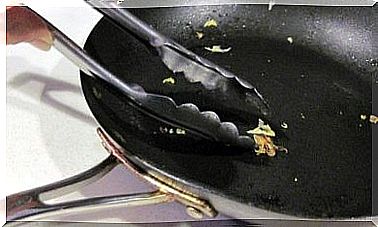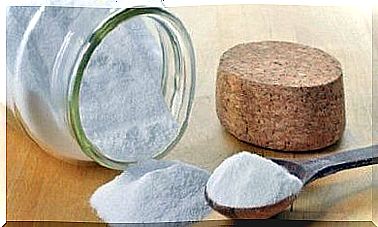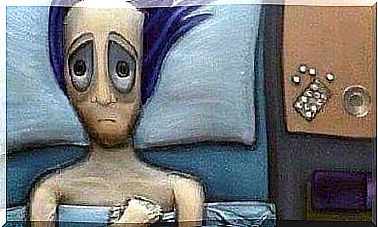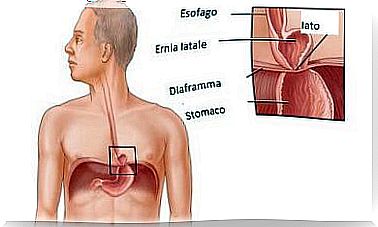Memory Problems: Useful Tips

All people are afraid of memory problems, as this is one of the first signs of Alzheimer’s. However, losing your memory is a natural consequence of aging.
As we age, changes occur in all areas of the body, including the brain. Some people find that they take longer to learn new things or that they don’t remember as well as they did before.
Causes of memory problems
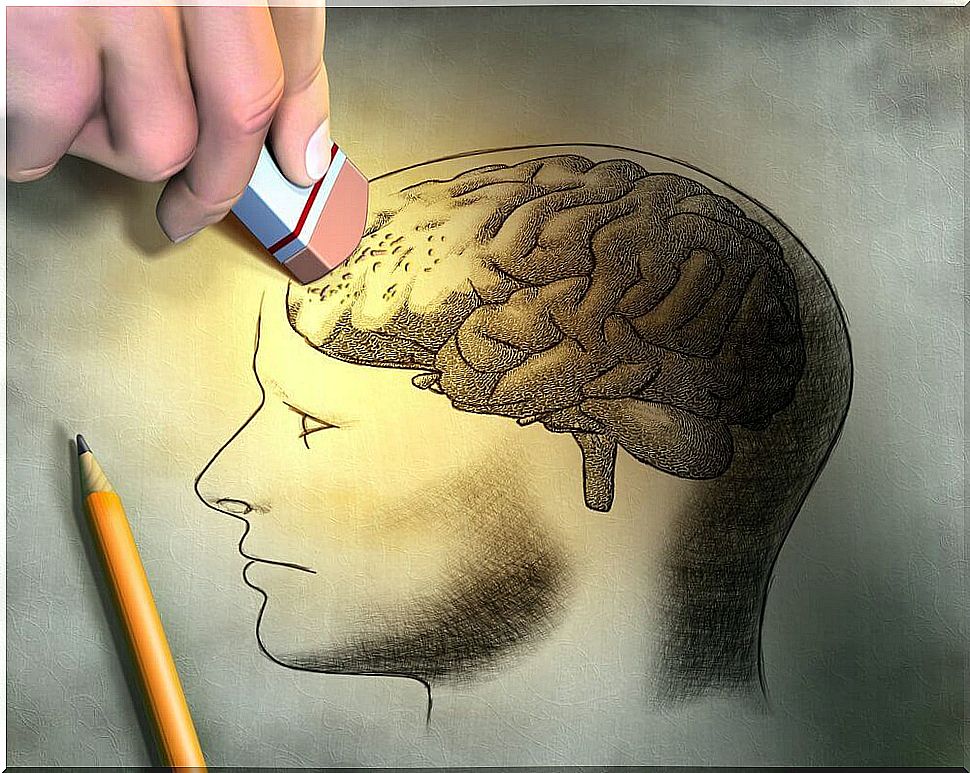
Some memory problems are related to health disorders that can be treated :
- Vitamin B12 deficiency
- Chronic alcoholism
- Tumors
- Illnesses
- Blood clots in the brain
- Dementia
- Head injuries (blows to the head)
- Cancer treatment (chemotherapy or radiotherapy)
- Stress
- Anxiety or depression
All this can lead a person to be more distracted and, consequently, confused and “labeled” as a carrier of a mental illness. Changing your lifestyle abruptly is another factor that affects this process.
Common symptoms of memory loss include:
- Often losing personal items.
- Difficulty finding the right words.
- Ask the same questions in a conversation or tell the same story several times.
- Not remembering if something has been done, such as taking a drug.
- Being disoriented or getting lost in known places.
- Wrong year or day of the week.
- Difficulty remembering appointments or events.
- Problems following directions or making decisions.
Transient or permanent memory problems
Transient memory loss consists of forgetting information that is recovered after a period of amnesia.
If we can’t remember a name, but it comes to us an hour later, or if we don’t know what happened the night before when we wake up because we drank a lot, these are transient memory losses.
Permanent memory loss, on the other hand, is about the information we lose and are no longer able to recover. It is not possible for us to remember, despite another person telling us, where we left the keys or we forget that our mother came to see us the night before.
How to prevent memory problems
The factors that have been shown to be most effective in preventing or slowing down memory problems are:
- Adequate sleep
- A balanced diet
- Physical activity
- Active social life
- Cognitive activities
The brain acts in a very similar way to the muscles; therefore, the more we use it, the better its state will be. If, on the other hand, we do not feed it well or oxygenate it adequately, it will tend to atrophy. For this reason, leading an active and healthy life can be very beneficial for your memory.
Other factors, such as good sleep hygiene and reading often, help keep him in a better state. Also giving up any bad habit related to alcohol, tobacco or other harmful substances is beneficial both in relation to this aspect and in terms of health in general.
When to seek help and how to assess memory problems
It is common that the subject with memory problems is not aware of them, so initially these are detected by family members . On the other hand, anxious and depressed people focus more on their mistakes, which is why they magnify their forgetfulness and come to think that they have a memory problem even though they are not.
However, if the person is having difficulty completing daily activities or is feeling confused and disoriented, it is time to see the doctor.
